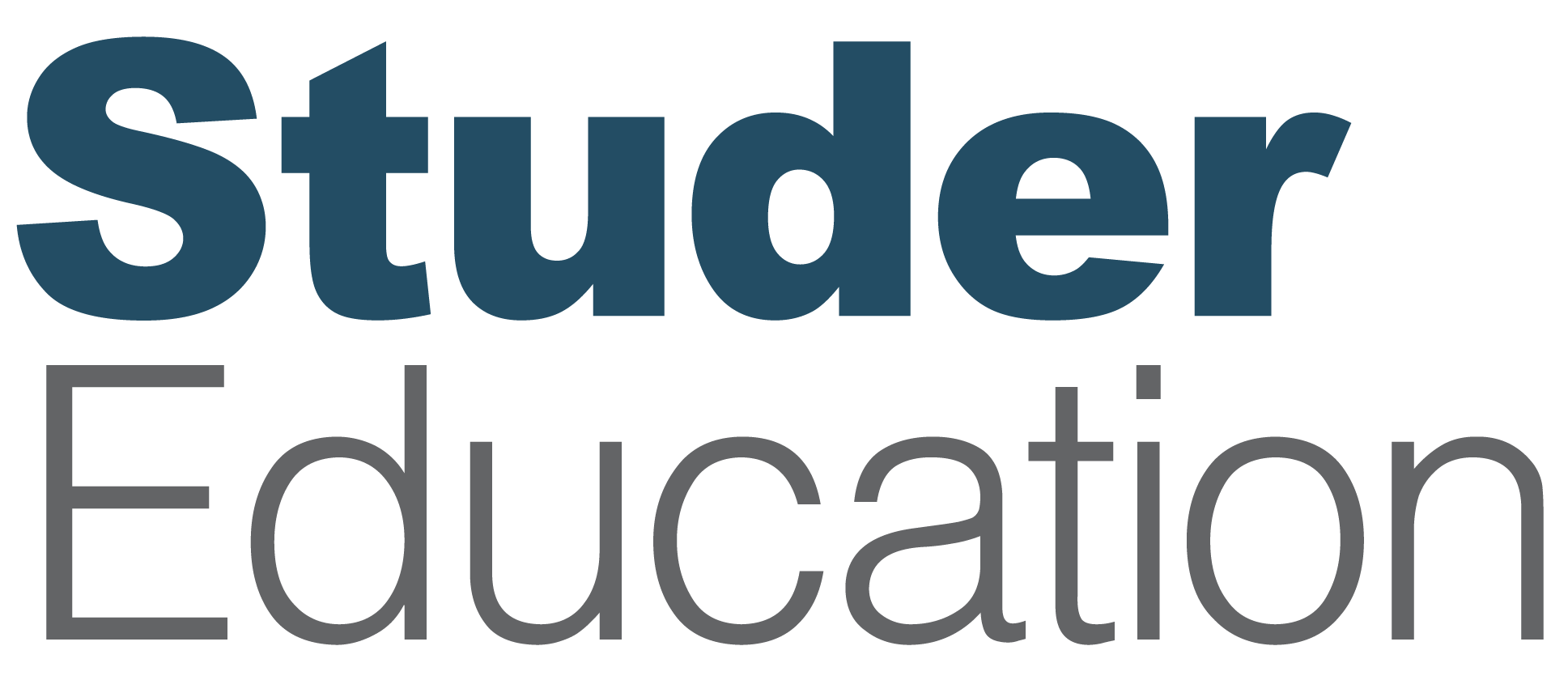
Recognize and Reward Success: Value and Appreciate People Working Together to Get Results.
We often hear leaders ask, “How can I keep people motivated?” The truth is, we can’t make people feel motivated, but we can create an environment that motivates and engages employees. People are more likely to be motivated about their work when they are appreciated for the work that they do. In fact, a lack of recognition is one of the top reasons employees cite for leaving an organization. As a leader, are you taking action to ensure your employees feel appreciated?
Our people are busy executing the right actions to drive success. However, without a focus on recognition, weeks or even months may pass without pausing to celebrate our accomplishments and wins. Often, rewarding and recognizing employees is avoided because we fear what it will cost our employer. You may be surprised to hear that most employees are looking for a simple thank you. When we asked employees what they want most from their leaders one of the top answers is: appreciation for the job I do.
A thank you note can go a long way. They are one of the most cost-effective ways to deliver reward and recognition, which in turn builds critical employee engagement. High-performing organizations realize that people are more engaged and more willing to go the extra mile when leaders frequently express their appreciation — verbally and/or in thank you notes.
Recognition is most valuable to our teams when it is timely and specific. We find that what gets recognized gets repeated. Therefore, the best leaders align what is recognized to the organization’s values. What behaviors and actions are most important for the organization’s success? When we publicly recognize the team members who exhibit these behaviors, others in the organization become motivated to adopt those behaviors.
We are all humans with emotions. We have an internal desire to feel our work is valuable and making an impact. Connect with your team members to discover what types of recognition are meaningful to them. Do they prefer a note, a quick verbal thank you or a public display of recognition?
Make recognition a habit on your team by establishing a variety of reward systems for colleagues to use with one another.
Impact During a Crisis
They strive to provide over and above customer service qualities, again because we have a peer recognition program that exemplifies those standards, again, outside of a crisis. And when you do that, and when you build your culture around that, it’s amazing how that steps up in a crisis. – Dale Shaver, Director of Parks and Land Use, Waukesha County | EP 68: Focus on the Positive
When anxiety and emotions are running high, our motivation can waiver. Teams that established a system of reward and recognition prior to periods of crisis benefit from an environment that focuses on success and positivity. For some organizations and employees, the disruption from COVID-19 has resulted in an increased amount of work, shifting priorities and urgency. To continue to inspire these individuals, the best leaders show deep appreciation for their teams’ commitment to excellence.
Whether you are developing goals and actions steps to respond to a crisis or are operating in normal times, leaders can intentionally identify the measures that would allow them to experience small wins and track progress. This planning step prior to execution ensures that months won’t go by before we pause to recognize our hard work. As individuals and teams make progress towards their goals, a pause for celebration is refreshing, motivating and affirms the value they are providing to the organization.
Leaders have the opportunity to create heroes in those people. And that’s what our community needs right now…stories of the heroic caring that’s going on in the name of serving kids. – JoAnn Sternke, Leader Coach, Studer Education | EP 72: Intentional Communication Starts with Why
When we recognize others, they feel good about the work they are doing. When we feel good about our work, it’s less likely to feel like “work.” Highlighting the contributions of individuals makes them feel special. Leaders aren’t the only people in an organization who can champion recognition. Many people strongly value recognition from their peers as well. Establishing recognition programs in your organization that incorporate a variety of sources helps us remove bias and favoritism, both of which have negative effects on employee engagement and performance.
Think about your organization’s values, strategic goals or performance standards. What actions are important to recognize? Who is the best example of these actions? Determine how you will make recognition a habit on your team.
Ask employees to come up with their own reward and recognition ideas and systems and how to implement them so recognition becomes part of the culture in your organization. Remember, “A person who is appreciated will always do more than expected” (author unknown). Recognizing others takes little time and pays great dividends.
PODCAST
 EP 68: Focus on the Positive
EP 68: Focus on the Positive
with Dale Shaver
PODCAST
 EP 72: Intentional Communication Starts with Why
EP 72: Intentional Communication Starts with Why
with JoAnn Sternke



[…] When leaders spend time connecting employees to meaningful work and listening to their needs, people are more likely to perform their best work. Also, don’t forget the power of a simple thank you—to increase motivation show more appreciation. […]